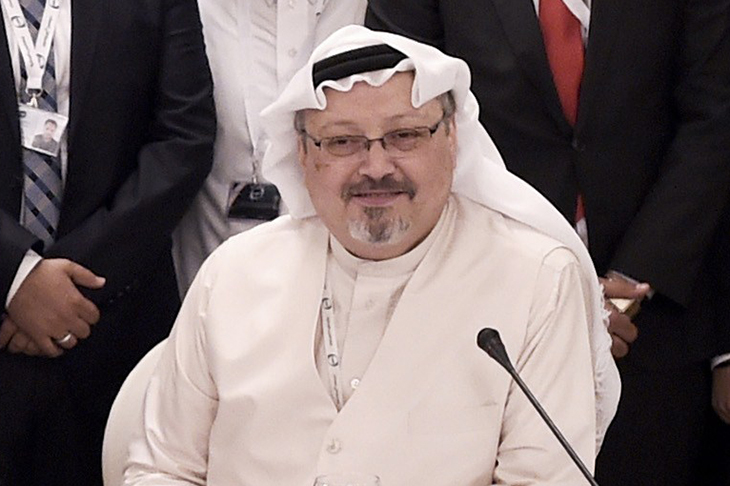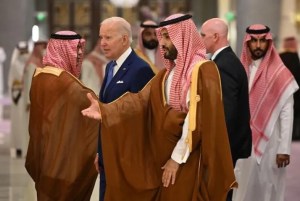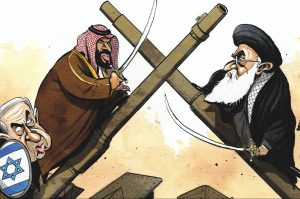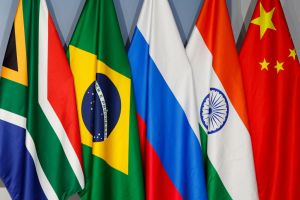TIME
magazine has lost relevance, in the United States and globally. The only thing it is now known for is its Person of the Year issue, the 2018 edition of which is out today. Historically, its editors have chosen ‘the person or thing that had the greatest impact on the news, for good or ill – guidelines that leave them no choice but to select a newsworthy – not necessarily praiseworthy – cover subject.’ If only that ambiguous sentiment had determined this year’s choice: killed and imprisoned journalists. The magazine calls them ‘The Guardians’, who were chosen ‘for taking great risks in pursuit of greater truths, for the imperfect but essential quest for facts, for speaking up and for speaking out’.
Leaving aside the question of what exactly is the difference between ‘speaking up’ and ‘speaking out’ – further proof if it were needed of the detrimental impact of a massive wave of editorial layoffs at the magazine – we can all agree that a number of the journalists highlighted on the four different covers of the latest issue fall into the ‘for good’ category. They include Maria Ressa, the editor of a Philippine news website critical of the country’s leadership, and Reuters journalists Wa Lone and Kyaw Soe Oo who were imprisoned in Myanmar for their coverage of the massacre of Rohingya Muslims.
However, by any objective measure, murdered Saudi political dissident and Washington Post columnist Jamal Khashoggi should have fallen into the ‘for ill’ side of the equation. His career as a journalist, such as it was, was anything but praiseworthy. Especially troubling is that, if he hadn’t been killed, it’s likely that none of the others would have made it onto TIME’s covers.
Khashoggi’s death, TIME tells us, ‘laid bare the true nature of a smiling prince, the utter absence of morality in the Saudi-US alliance and – in the cascade of news feeds and alerts, posts and shares and links – the centrality of the question Khashoggi was killed over: Whom do you trust to tell the story?’ Let’s remember that before he fled to the US a year before he was cruelly murdered in Istanbul, Khashoggi became rich working for a Saudi royal family that was, and remains, among the world’s worst persecutors of journalists. He edited government-controlled Saudi newspapers, which are without exception regime propaganda outlets, and headed TV news channels that were owned by Saudi princes.
Then he outdid himself by working as a media adviser to a senior Saudi prince in London and Washington. He embraced with unbridled enthusiasm his role of justifying Saudi regime atrocities in the Western media. He even denied on the BBC that anyone was ever tortured in Saudi Arabia. He wound up in Istanbul under the (not very useful, as it turned out) protection of his pal Turkish President Recep Tayyip Erdogan, a fellow Muslim Brotherhood extremist who has jailed more journalists than any other leader on Earth. And his columns for the Post were a plea for the Saudi crown prince to embrace the political Islam espoused by the Muslim Brotherhood, an organization hardly known wherever it spreads its poisonous tentacles for its love of freedom of expression.
In reality, then, Khashoggi represented everything that is repressive and repugnant about journalism in the Arab world. His inclusion as a martyr for truth telling is an insult to the others, because he was the very last ‘journalist’ anyone should ever have trusted on whatever subject you care to mention. It’s well past time that everybody stopped pretending otherwise.


















